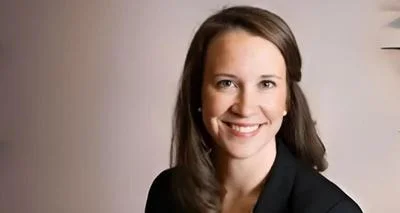President Joe Biden formally announced the forgiveness of up to $10,000 for each student’s debt. | POTUS/Twitter
President Joe Biden formally announced the forgiveness of up to $10,000 for each student’s debt. | POTUS/Twitter
John Della Volpe, a former campaign consultant for President Joe Biden, hasn’t been shy in weighing on what he feels is fueling the president's loan forgiveness program.
Now serving as the Harvard Kennedy School Institute of Politics polling director, Volpe recently shared that the move “adds an additional tailwind to an already improving position with young people.”
Biden moved to make his position official earlier this month when he formally signed off on a plan to essentially cancel out up to $10,000 in debt for each student, moving many of his supporters to point to how his actions fulfill one of his campaign promises. The payment freeze has also been extended to Aug. 31.
In the face of all his actions, the reaction has been swift and loud, with even some democrats criticizing his actions by pointing out that as a candidate he pledged to go even further.
At the same time, Republicans are scoffing at the move as being another blow aimed at regular taxpayers, who now find themselves on the hook for all the debt.
Still, with more than 43 million Americans now strapped with some level of federal student debt and the president’s public approval ratings headed in the wrong direction, Volpe is selling the move as being about “trust in politics, in government, in our system," and “it’s also about trust in the individual, which in this case is President Biden.”
Meanwhile, the Republican National Committee has blasted Biden’s actions as a “handout to the rich” that further handcuffs lower-income taxpayers by putting them on the hook for the debts of others as the cap only limits those earning less than $125,000 a year.
In Wisconsin, Biden’s actions come on the heels of University of Wisconsin System President Jay Rothman announced a tuition assistance program for all UW campuses.
The UW program paves the way for students whose households earn less than $62,000 annually to be eligible for last-dollar funding that could make their entire tuition bill free for all four years of a bachelor's program.






 Alerts Sign-up
Alerts Sign-up